Filter by
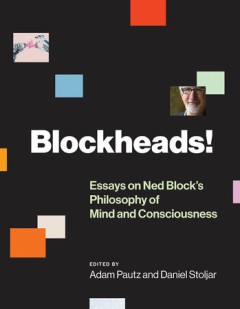
Blockheads! :essays on Ned Block's philosophy of mind and consciousness
New essays on the philosophy of Ned Block, with substantive and wide-ranging responses by Block. Perhaps more than any other philosopher of mind, Ned Block synthesizes philosophical and scientific approaches to the mind; he is unique in moving back and forth across this divide, doing so with creativity and intensity. Over the course of his career, Block has made groundbreaking contributions to …
- Edition
- -
- ISBN/ISSN
- 9780262348973
- Collation
- 1 online resource (vii, 634 pages).
- Series Title
- -
- Call Number
- -
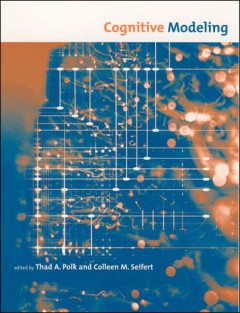
Cognitive Modeling
Computational modeling plays a central role in cognitive science. This book provides a comprehensive introduction to computational models of human cognition. It covers major approaches and architectures, both neural network and symbolic; major theoretical issues; and specific computational models of a variety of cognitive processes, ranging from low-level (e.g., attention and memory) to higher-…
- Edition
- -
- ISBN/ISSN
- 9780262281744
- Collation
- 1 online resource (xxi, 1270 pages) :illustrations.
- Series Title
- -
- Call Number
- -
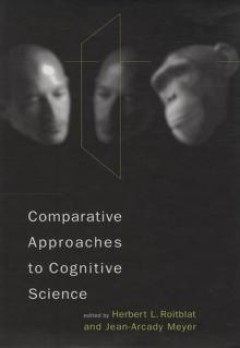
Comparative Approaches to Cognitive Science
"A Bradford book."OCLC-licensed vendor bibliographic record.
- Edition
- -
- ISBN/ISSN
- 9780262282512
- Collation
- 1 online resource (vii, 533 pages) :illustrations.
- Series Title
- -
- Call Number
- -
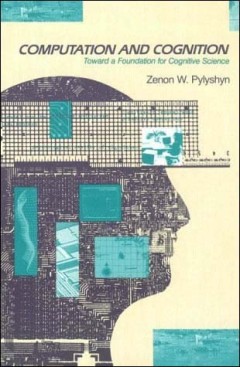
Computation and Cognition: Toward a Foundation for Cognitive Science
The question, "What is Cognitive Science?" is often asked but seldom answered to anyone's satisfaction. Until now, most of the answers have come from the new breed of philosophers of mind. This book, however, is written by a distinguished psychologist and computer scientist who is well-known for his work on the conceptual foundations of cognitive science, and especially for his research on ment…
- Edition
- -
- ISBN/ISSN
- 9780262281997
- Collation
- 1 online resource (xxiii, 292 pages) :illustrations
- Series Title
- -
- Call Number
- -
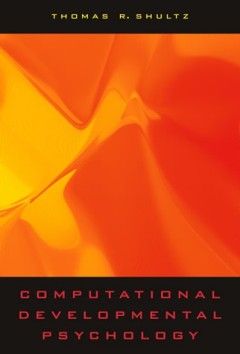
Computational Developmental Psychology
"A Bradford book."An overview of the emerging discipline of computational developmental psychology, emphasizing the use of constructivist neural networks.Despite decades of scientific research, the core issues of child development remain too complex to be explained by traditional verbal theories. These issues include structure and transition, representation and processing, innate and experienti…
- Edition
- -
- ISBN/ISSN
- 9780262303033
- Collation
- 1 online resource (338 pages)
- Series Title
- -
- Call Number
- -
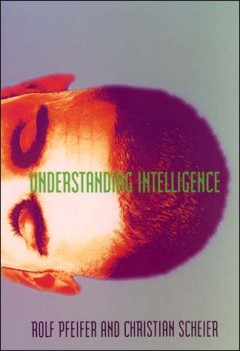
Understanding Intelligence
Researchers now agree that intelligence always manifests itself in behavior - thus it is behavior that we must understand. An exciting new field has grown around the study of behavior-based intelligence, also known as embodied cognitive science, "new AI," and "behavior-based AI."" "Rolf Pfeifer and Christian Scheier provide a systematic introduction to this new way of thinking about intelligenc…
- Edition
- -
- ISBN/ISSN
- 9780262256797
- Collation
- 1 online resource (xx, 697 pages) :illustrations
- Series Title
- -
- Call Number
- -
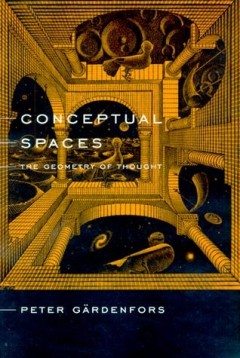
Conceptual Spaces: The Geometry of Thought
Within cognitive science, two approaches currently dominate the problem of modeling representations. The symbolic approach views cognition as computation involving symbolic manipulation. Connectionism, a special case of associationism, models associations using artificial neuron networks. Peter Gärdenfors offers his theory of conceptual representations as a bridge between the symbolic and conn…
- Edition
- -
- ISBN/ISSN
- 9780262273558
- Collation
- 1 online resource (x, 307 pages) :illustrations
- Series Title
- -
- Call Number
- -
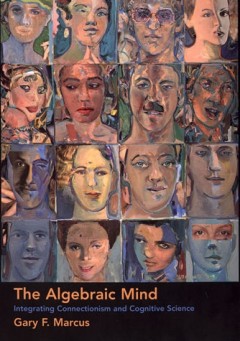
The algebraic mind :integrating connectionism and cognitive science
"A Bradford book."In The Algebraic Mind, Gary Marcus attempts to integrate two theories about how the mind works, one that says that the mind is a computer-like manipulator of symbols, and another that says that the mind is a large network of neurons working together in parallel. Resisting the conventional wisdom that says that if the mind is a large neural network it cannot simultaneously be a…
- Edition
- -
- ISBN/ISSN
- 9780262279086
- Collation
- 1 online resource (xiii, 224 pages) :illustrations.
- Series Title
- -
- Call Number
- -

Belief's own ethics
"A Bradford book."The fundamental question of the ethics of belief is "What ought one to believe?" According to the traditional view of evidentialism, the strength of one's beliefs should be proportionate to the evidence. Conventional ways of defending and challenging evidentialism rely on the idea that what one ought to believe is a matter of what it is rational, prudent, ethical, or personall…
- Edition
- -
- ISBN/ISSN
- 9780262266826
- Collation
- 1 online resource (xv, 357 pages)
- Series Title
- -
- Call Number
- -

Processing inaccurate information : theoretical and applied perspectives from…
"Our lives revolve around the acquisition of information. Sometimes the information we acquire--from other people, from books, or from the media--is wrong. Studies show that people rely on such misinformation, sometimes even when they are aware that the information is inaccurate or invalid. And yet investigations of learning and knowledge acquisition largely ignore encounters with this sort of …
- Edition
- -
- ISBN/ISSN
- 9780262325646
- Collation
- 1 online resource (x, 467 pages) :illustrations
- Series Title
- -
- Call Number
- -
 Computer Science, Information & General Works
Computer Science, Information & General Works  Philosophy & Psychology
Philosophy & Psychology  Religion
Religion  Social Sciences
Social Sciences  Language
Language  Pure Science
Pure Science  Applied Sciences
Applied Sciences  Art & Recreation
Art & Recreation  Literature
Literature  History & Geography
History & Geography